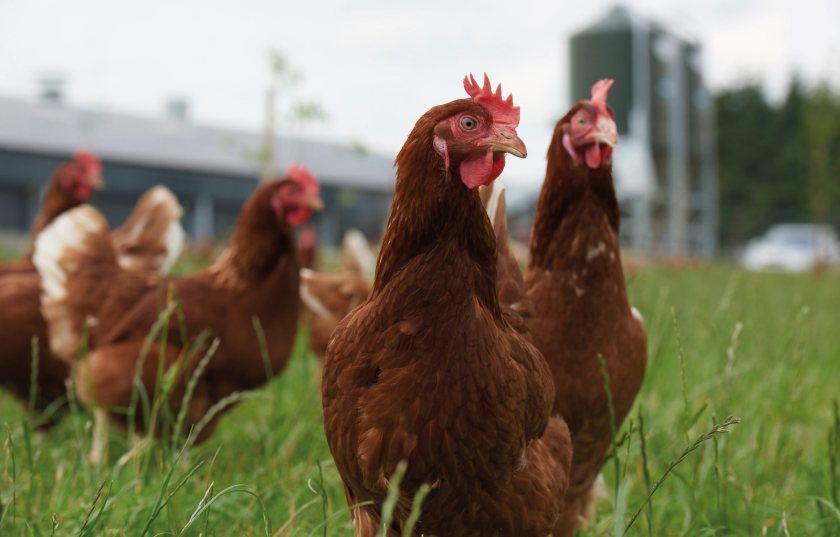
British egg farmers say years of costly welfare reforms are being undermined by cheap imports from cage systems still permitted overseas.
The UK egg industry has undergone one of the most significant welfare transformations in modern agriculture. Over the past two decades, producers have phased out conventional battery cages, committed to ending colony production by 2025, and expanded free-range and organic systems.
These changes were driven by sustained pressure from welfare groups, shifting consumer expectations and new legislation.
Animal welfare organisations such as Compassion in World Farming, the RSPCA and the Humane League UK led successful campaigns that mobilised public opinion, pushed retailers and packers, and left producers with little choice but to adapt.
The result, campaigners argued, was a win for hen welfare and for consumers who demanded higher standards.
But while domestic production has been transformed, critics point to a glaring inconsistency. Imported eggs, many from systems that still permit cages, are entering the UK market with little scrutiny from the same groups that fought to eradicate those systems at home.
Industry voices argue this creates a moral and commercial paradox. British farmers have invested heavily to raise welfare standards—incurring higher costs, reduced stocking densities and greater management challenges—yet now face competition from cheaper imports produced to standards that would be unlawful in the UK.
The British Egg Industry Council (BEIC) has repeatedly warned that this imbalance undermines both producers and consumers. It highlights food safety risks and insists that “consistent standards should apply to all eggs consumed in the UK, regardless of origin.”
Why the silence from welfare advocates? Observers suggest several reasons: limited resources, a lack of mandate to campaign internationally, the complexity of WTO and post-Brexit trade rules, and fears of appearing protectionist.
Some groups argue that consumer education and choice, rather than trade restrictions, remain the most effective way to improve global standards.
However, this position leaves UK farmers frustrated. “The deposits paid into the Bank of Welfare UK are seemingly not paying out the dividends of ongoing support and loyalty,” one producer remarked.
Possible solutions are being debated. Industry leaders propose welfare-based import standards to create a level playing field, though trade law would present major hurdles.
Others advocate greater supply-chain transparency, including clearer labelling on processed products that often contain imported eggs. Calls for joint campaigns between welfare groups and producers are also growing, aimed at promoting British higher-welfare eggs and educating consumers about the differences.
Analysts say the way forward requires cooperation, not confrontation. Welfare advocates would gain credibility by applying consistent principles internationally, while the industry could benefit from expanded market opportunities if higher standards were better promoted.
Consumer education, meanwhile, remains key: informed choices could reinforce welfare gains while sustaining British production.
The debate cuts to the heart of animal welfare advocacy in a globalised food system. Domestically, welfare bodies have achieved sweeping change. The test now, say critics, is whether they have the consistency and courage to address imports produced under systems they have long condemned.
As one industry figure put it, the question is not whether UK egg production can keep improving—it already has. The question is whether welfare advocates can apply the same standards beyond Britain’s borders.
